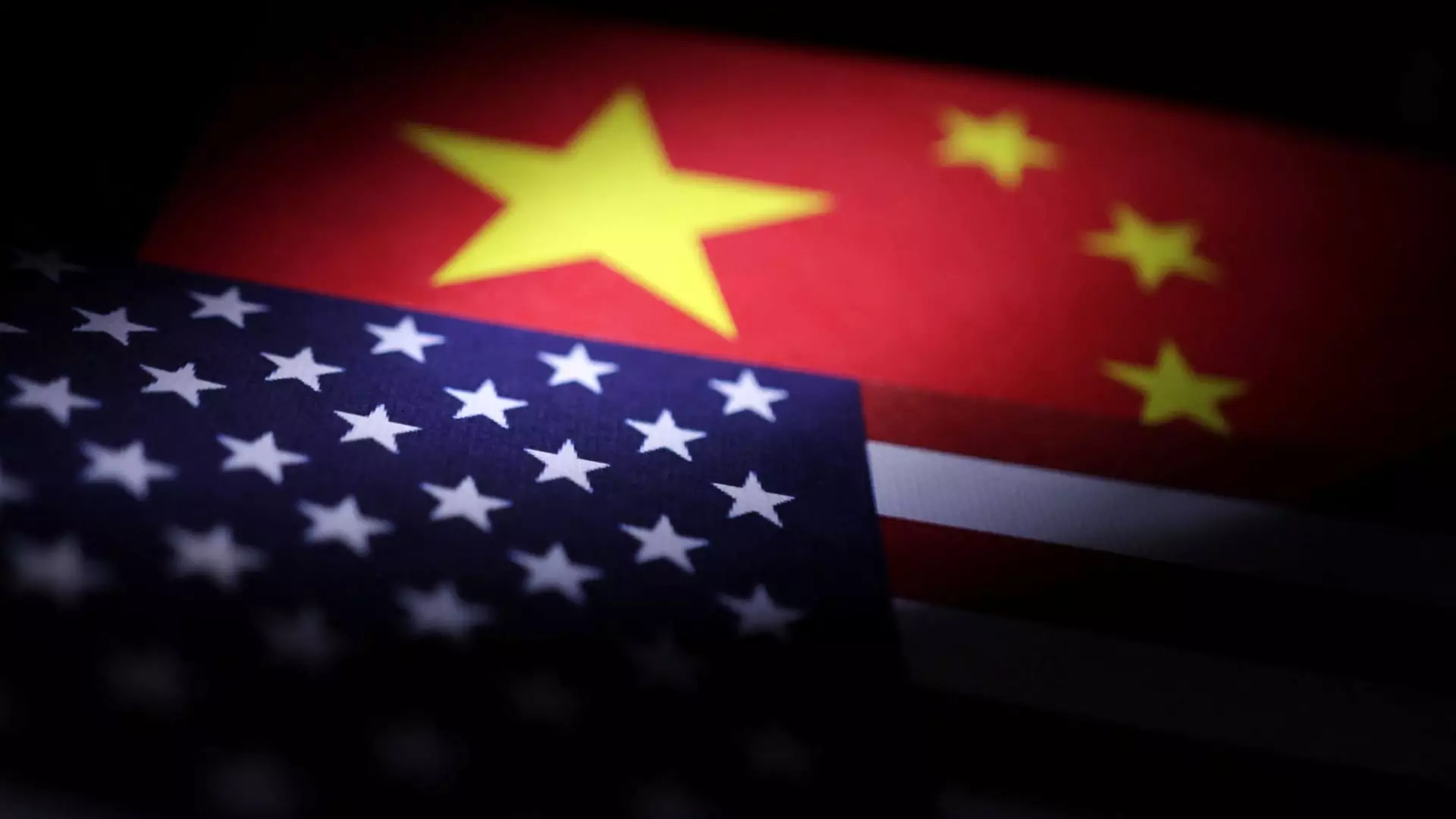The ongoing trade war between the U.S. and China is not merely an economic squabble; it has escalated into a geopolitical crisis with ramifications that extend far beyond their borders. The stark warning issued by the Chinese government against countries cooperating with the U.S. highlights the precarious position many nations find themselves in today. As tariffs soar and negotiations falter, other countries must choose their alliances wisely, or risk becoming collateral damage in what feels like an escalating global confrontation.
China’s Firm Stance: A Double-Edged Sword
China’s Ministry of Commerce has made it unequivocally clear that any nation attempting to strike a deal at China’s expense can expect severe repercussions. This statement is not merely rhetorical; it signals a shift toward a more aggressive stance in trade relations. One must wonder whether this brinkmanship is a display of strength or a sign of desperation. While China portrays itself as a champion of international fairness, its actions speak to a more complex narrative of self-preservation in an unpredictable global market.
By taking retaliatory measures such as introducing steep tariffs and placing U.S. companies on blacklists, China aims to assert its power and protect its economic interests. However, such tactics may unintentionally backfire, isolating China further as other nations become wary of its increasingly authoritarian approach to trade. The last thing that fragmented economies like those in Southeast Asia or Europe need is to choose sides in a conflict that they did not initiate.
The Decline of Cooperative International Trade
The troubling concept of trade reverting to a “law of the jungle” implies an environment where might supersedes fairness, leaving smaller nations vulnerable to the whims of larger powers. This scenario could exacerbate existing global inequalities; powerful countries could impose their will while others scramble for scraps. The cry for solidarity against unilateralism is critical, yet the growing competition makes that solidarity increasingly elusive.
It’s surreal that the world’s largest economies are engaging in such destructive self-interest when we should be fostering collaboration to tackle pressing international issues like climate change and health pandemics. The protectionist tendencies exhibited by both the U.S. and China suggest a troubling future where isolationism may reign supreme.
Changing Alliances: The Rise of Southeast Asia
China’s pivot towards enhancing its trade relationships with Southeast Asia reveals a strategic maneuvering that cannot be overlooked. As the region becomes more intertwined with the Chinese economy, the U.S. risks losing its historical influence. Countries like Vietnam, Malaysia, and Cambodia are now crucial cogs in the trade wheel, presenting both opportunities and challenges for global diplomacy.
Beijing’s promises of collaboration and mutual benefit in trade agreements must be approached with caution. The historical context of colonial exploitation looms large; their offers can either elevate partner nations or leave them ensnared in debt and dependency. The complexity of these relationships adds yet another layer to the already convoluted trade dynamics.
As China replaces key negotiators in favor of a more assertive trade posture, the prospects for a swift resolution seem dim. The conflicting narratives from Washington and Beijing force smaller nations into precarious situations, raising the stakes for international cooperation. With the ever-present threat of retaliation hovering over cooperation, one can only hope that global leaders find a path toward diplomacy rather than discord.

